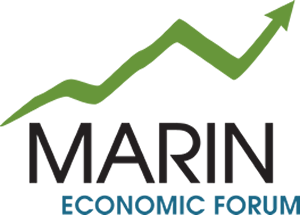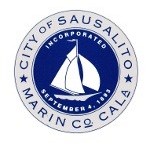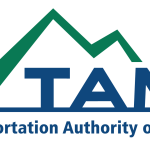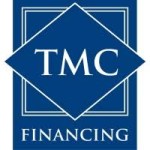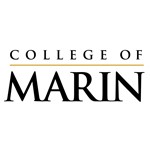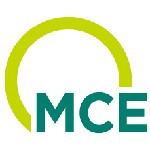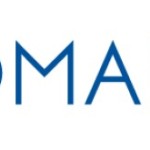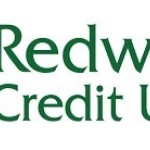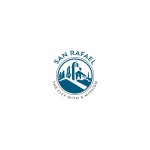MEF Newsletter August 2016
August 2016
by MEF CEO Jim Cordeiro
 Year of the Entrepreneur
Year of the Entrepreneur
North Bay iHub celebrates the second annual North Bay Innovation Week highlighting innovation in the North Bay the week of Sept 12 – 16, 2016. In collaboration with iHub, Marin Economic Forum is hosting our 4th annual Marinnovation event on September 13.
iHub is a collaborative of partners dedicated to building a robust entrepreneurial ecosystem in Sonoma, Marin and Napa counties thru the promotion of innovation as a community building and job creation tool by providing entrepreneurs with resources to enable them to build successful businesses.
The information economy has impacted the way we currently work and will continue to impact the way we work. This economy values knowledge workers and our future depends on the workforce development strategies towards a sustainable economy. There are many ways to discover your value in our economy. One question to ask is, “Could the vast majority of your work responsibilities be automated by a “kludged together” Excel script?”
America is the wealthiest country on earth because for most of our history we have followed the basic principles of economic freedom. Said differently, our wealth is not preordained; it is not coincidence and is it not guaranteed to endure. Instead, our wealth is the direct result of deliberate action to abide by certain economic principles, laws, and freedoms, many of which are now slipping away.
Some portion of the persistent unemployment in our economy is structural in nature: There is a gap between the skills of the unemployed and the capabilities that are being sought by employers with unfilled job openings. Much of the structural unemployment we see is being caused by rapid technological innovation and the evolution of our economy, which increasingly demands workers with technical skills and experience. Conventional thinking might look at this problem and say that this phenomenon happens constantly; as economies grow, skilled workers are in increasing demand. We now face a situation in which technological innovation is altering the economy so rapidly that many workers are unable to make the adjustment and gain the retraining necessary to evolve with it.
A simple thought experiment: Let’s pretend you won $10 million in the lottery and you could only do one of the following two things with your windfall:
Which option would you choose? There is no right or wrong answer here. Both options might benefit you, but only the second option is capable of being beneficial to the broader economy and society at large. New business formation and the creation, innovation, and job opportunities that come with it are the foundation of economic growth and prosperity.
by Dr. Robert Eyler
 Entrepreneurship and Sustainability
Entrepreneurship and Sustainability
Entrepreneurship and sustainability have a similar history in terms of how economists look at their definitions. Initially, we looked at entrepreneurship as “ideas”; economists think about four factors of production or inputs including labor, land, physical capital, and entrepreneurship. These ideas are paid profits, profits earned by the idea owner or ultimately the owner of a business that springs from intellectual capital (the idea). The entrepreneur’s role in our economy became more important as the economy began to monetize ideas more rapidly, and with large sums of money. There is a magazine with the title of “Entrepreneur” like “People” or “Time”; like sustainability, entrepreneurship has become a generalized term and no longer associated directly with its original meaning. Generally, we think of a smart person who started a business that was successful as an entrepreneur now. Economists still consider entrepreneurship an input to any and all businesses.
Successful businesses are the heart of every economy and all businesses began technically with an entrepreneur. We teach this subject throughout business school curricula; Dominican University of California has its MBA programs wrapped around the entrepreneur; Babson College has a satellite campus in San Francisco on the Embarcadero and Folsom Street, a college made famous for its focus on entrepreneurship as a core idea taught in its classes. The concept is everywhere, and everyone has some ideas about new products or innovations. Not all these ideas are commercial; television programs like Shark Tank provide a quick lens into the decision making that links financial markets to new ideas.
Marin County is a place where famous entrepreneurs have flourished. Lucasfilm, Fair Issac, BioMarin, EO Products, and many others started and grew here. Many lessons can be learned from these businesses growing from a couple ideas or concepts or products; many other businesses fail to make it here in Marin County, as in other places as starting a business is tough. Marin Economic Forum’s work is to stimulate entrepreneurs in Marin County and beyond to see Marin County as a place to do business. The history is here, but is the community support?
Marin County has been resistant to business growth generally, under the supposition that growth means change which has many “bads” that come with it. Ironically, climate change will likely be solved or mitigated by entrepreneurship: science made commercial to help people and the earth. Everything in your home, the restaurant meals you enjoy, the phone you may be reading this on right now is a by-product of supported entrepreneurship. Our community is supported by businesses and new ideas; without them, there is no change and nothing new, fewer jobs and societal devolution.
MEF Board Director, Laurie O’ Hara, Working Solutions
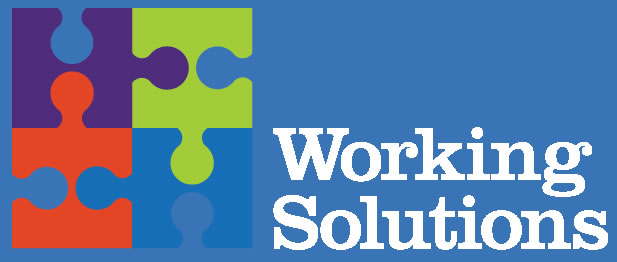 Congratulations to Working Solutions. On Friday, July 8, they funded their 400th microloan! The loan was made to Firebrand Artisan Breads, a local bakery in Oakland that is taking the Bay Area by storm with its signature breads and delicious pastries.
Congratulations to Working Solutions. On Friday, July 8, they funded their 400th microloan! The loan was made to Firebrand Artisan Breads, a local bakery in Oakland that is taking the Bay Area by storm with its signature breads and delicious pastries.
Working Solutions began in 1999 as a workforce development program under the auspices of TMC Financing. By 2005, the organization had commenced its own microlending program. Since then, they have provided over $9.8 million in lending capital to Bay Area businesses and perfected their holistic approach to community economic development by blending their lending services with business coaching and mentoring programs. In 2009, Working Solutions was officially designated a United States Community Development Financial Institution (CDFI).
MEF Board Director, Michael Leifer, Digital Candy
 Congratulations to Michael Leifer and the launch of Digital Candy. Digital Candy offers advanced artificial intelligence searches on the web to identify counterfeit products and misused logos, domains, images and video.
Congratulations to Michael Leifer and the launch of Digital Candy. Digital Candy offers advanced artificial intelligence searches on the web to identify counterfeit products and misused logos, domains, images and video.

September

Marinnovation — Tuesday, Sept. 13, 2016
4:30pm – 7:30pm, Marin Commons, San Rafael
visit marineconomicforum.org to register
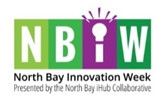
North Bay Innovation Week
September 12-16, 2016
Throughout Sonoma and Marin counties
visit: northbayihub.com
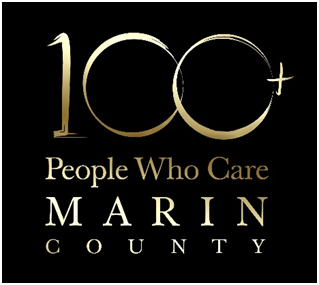
100MARIN — Wednesday, September 28, 2016
block party outside of Il Davide, San Rafael
6:00pm – 8:00pm
visit: www.100MARIN.org to register

